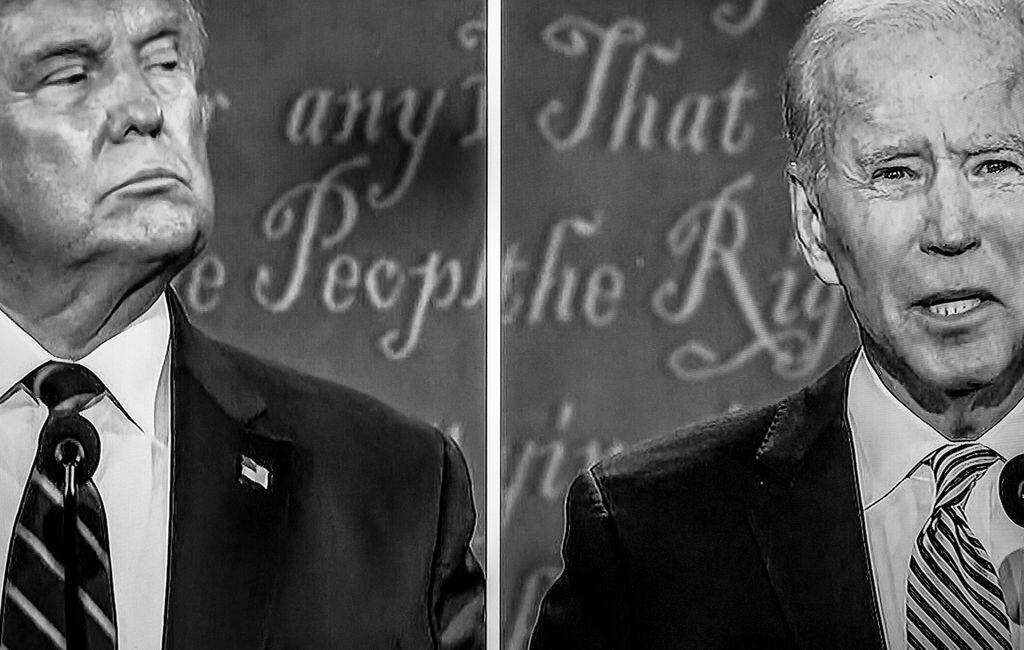
The primaries run through May, although it is normal for at least one party’s nominee to be determined by March 5.
The primary election season, or selection of party candidates for president, formally begins Monday when Iowa Republicans discuss and vote on the Republican candidate of their choice in town hall meetings.
And to no one’s surprise, all indications are that the winner will be Donald Trump. His competitors, reduced to Florida Gov. Ron DeSantis and former U.S. ambassador to the U.N., and former South Carolina Gov. Nikki Haley, seem resigned to fight for the right to perhaps replace Trump or be his running mate.
Democrats will go through the same exercise on March 5. In that case, the hardest thing to fathom is that there are candidates other than the incumbent president, Joe Biden. There are, but both Rep. Dean Phillips and author Marianne Williamson would need more than a miracle to get close to Biden.
The primary season runs through May, although it is normal for at least one party’s nominee to be determined by March 5, known as Super Tuesday, when 19 states and a good percentage of the votes needed for the nomination are in play.
No surprises are expected unless something extraordinary happens.
Theoretically, these are partisan parties where Democrats and Republicans vote for their favorites to represent them in November.
Both Biden and Trump are deeply unpopular. A Gallup poll reports that 41% of Americans view Biden favorably, and 42% view Trump favorably. Arguably, Americans would prefer other candidates. As things stand, however, the U.S. political apparatus believes that the two campaign veterans are assured of victory in their respective primaries before they begin. And that will make for a very long presidential campaign beyond the traditional months of September and October.
When a sitting president seeks reelection, the campaign and the election are seen as a referendum on how he’s done. But in this case, and for the first time in more than a century, the opposition candidate is a former president defeated in the last election.
It will be the second time Biden and Trump face each other, but unlike their first clash in 2020, there is bad blood between them now, especially after Trump broke with the mandate to peacefully transfer power and refused to acknowledge Biden’s victory, asserting accusations of voter fraud that led to the attempted coup of Jan. 6, 2021, adding a personal dimension to the political polarization that exists in the United States.
But Biden is 81 years old. If elected, he would be 82 at his second inauguration. If elected in November, Trump would be the oldest American to take office at 78 years and 220 days. (He would surpass Biden, who took office at 78 years and 61 days, by 159 days.)
Some analysts predict it will be the most negative presidential campaign in American history.

Leave a Reply
You must be logged in to post a comment.